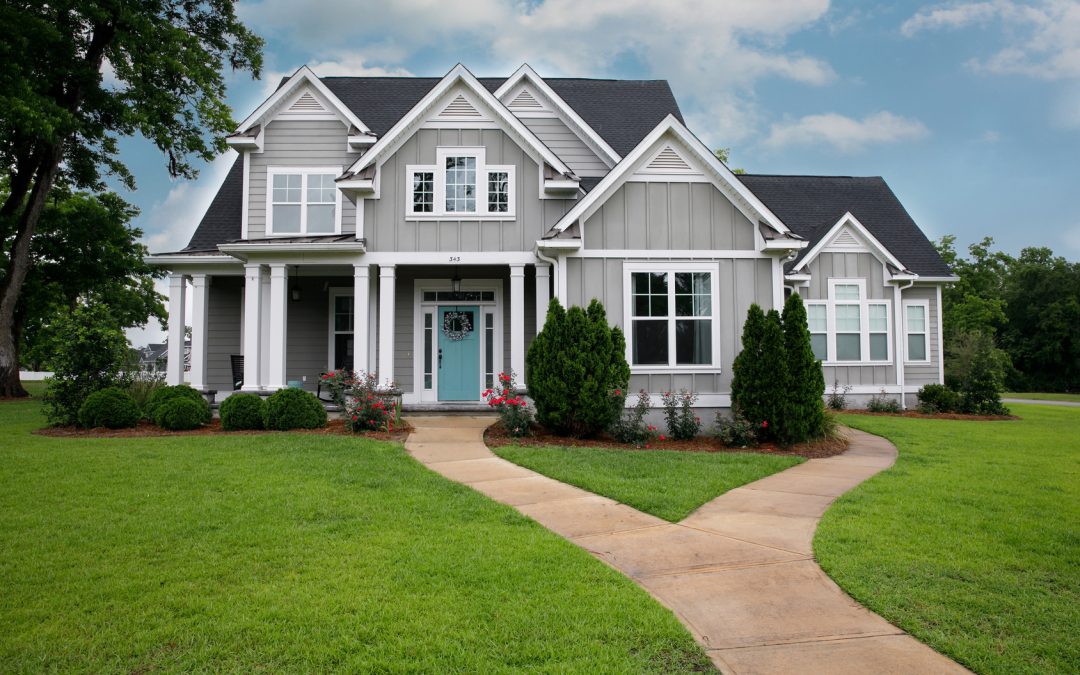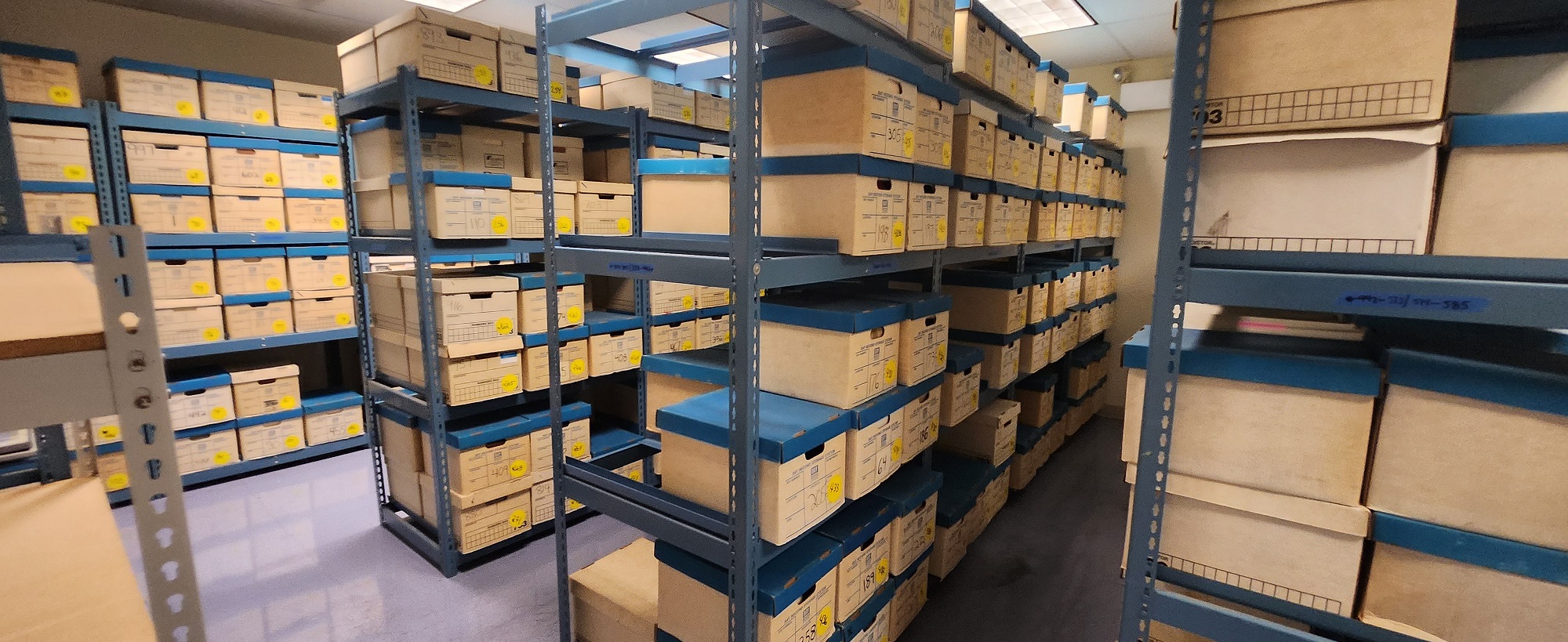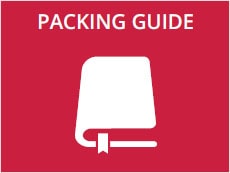Last Updated on October 30, 2018 by Kari-Ann Ryan
The unmistakable charm of a home that has solidly stood its ground for decades attracts many who are in the market for a property. Plenty of house hunters are also keen on the lack of renovations and repairs needed in a newly constructed home. When debating whether to purchase an older home or build a brand new one, consider the pros and cons of each scenario.
Renovation vs. Innovation
Renovation
Renovation is anticipated when a home buyer purchases an older home. The electrical system of homes constructed decades ago may fail to be up to code. Bathrooms and kitchens may be out of date, and the plumbing pipes may have to be replaced. Hence, the need for renovation becomes an expensive reality. Plus, lead-based paint is commonly found in homes built prior to 1978, when the Environmental Protection Agency banned the toxin from homes.
Innovation
In new homes, homebuyers are welcomed with fabulous innovation. Newly built homes feature a wealth of advances. Home hunters will come across everyday cost-saving improvements like solar panels and energy-efficient windows.
Aesthetically pleasing and useful advances include barn doors that add exquisite charm to closet doors or that serve as room dividers. Electric car charging stations in garages are becoming increasingly prevalent as more people purchase fully electric cars. Smart homes are also being built to include the latest in technology, such as two-way speakers, doorbells enabled by Wi-Fi, and portable cameras.
Known vs. Unknown Costs
Older homes
Older home prices are negotiable. Aside from purchase costs, moving into an older home may throw pricey maintenance surprises at the homeowner. Frequently seen in older homes is the barrage of water damage, structural issues and electrical problems that come with the aged territory.
Homeowner’s insurance premiums for older homes also spike in comparison to newly built houses. As an advantage to the home buyer, a home nestled in a historic area may prompt the state and local officials to offer the homeowner a tax benefit to both maintain and renovate the property.
New homes
New homes are expensive. Builders rarely negotiate new home prices. Plus, home owner association (HOA) fees, that pay for recreational facilities, the pool or landscaping, are often mandatory in many new properties. On the flip side, homeowners of new properties are never fit with a hefty bill to address out of date electrical wiring issues or replace worn, faulty plumbing fixtures. Essentially, while the initial price of a new home is high, renovation and repair costs are nonexistent. Given the lack of necessary repairs, the homeowner’s insurance rates will be lower.
Customizing a new home is pricey. For the significant investment, the buyer walks into a made-to-order home, complete with every fixture in its pre-determined place and hand-picked materials, like hardwood floors, granite countertops, and maple wood cabinetry.
Immediate vs. Deferred Move-in
An older home on the market can be moved into almost immediately, especially if it is vacant at the time of sale.
Building a new home takes time, leaving a buyer to wait anywhere from five months to a year or more until the home is ready to be occupied. Several factors affect construction. More sunny days than rainy ones mean quicker completion. Demolishing an old house on the desired property adds to the building timeline. The land on which the new house is being built must be in good shape in order for construction to go as planned; if not, expect delays. A large crew can also help speed up the construction.
Unique vs. Similar Design
Homes that were built decades ago feature architectural designs that exude undeniable character and that are unique to each home. A home buyer will almost never eye two identical older homes.
Uniqueness in Older Homes
Examples of traditional home styles include Cape Cod homes, rife with top dormer windows and windows that flank the front door; formal colonial styles characterized by evenly spaced windows, shutters and columns; mid-century modern architectural style homes that were commonplace from 1945 to the mid-1980s and were supported by materials new to homebuilding at the time, such as steel and plywood; and, the romantic styling of French provincial homes, with steep rooftops and symmetrical construction.
Similarities in Newer Homes
Homes currently being built are often alike in design rather than exceptionally unique. Builders have a strong preference for clean lines and open concepts that make every inch of a home useable. Tiny rooms and elaborate hallways are no longer the standard.
Floating staircases and one, instead of two, staircases take up significantly less room in the house. Formal dining rooms, commonly built in older homes, are given a new function in newer home plans—they may serve as a casual party room or a library (when a bookcase is added).
Work with a Trusted Moving Company
Whether you are moving into a charming old home in a historic neighborhood or into a vibrant, flashy abode in the center of town, you’ll want a trusted moving company to transfer your possessions seamlessly into your new dwelling. Mid-West Moving & Storage is an experienced, Chicagoland moving company, serving the area since 1983.
Mid-West Moving & Storage has helped thousands of individuals move to and from apartments, homes, retirement communities, dorms, and condos. Our team of reliable, professional movers are screened, licensed, and bonded to provide maximum peace of mind to clients.
What You Can Expect
Mid-West Moving & Storage movers are conscious of your valuables, ensuring each item is protected with padding and stretch wrapped. Carpet shields, floor runners and door jambs are utilized to protect the space when moving from the old home as well as into the new one.
Expect a timely move. Your Mid-West Moving & Storage counselor will provide you with an accurate moving timeframe and keep you updated on the progress of the move. Temporary and long-term storage options are also available.
Free Estimate
A free estimate from Mid-West Moving & Storage will start you on your exciting journey to your new home. Please give us a call at 847.593.7201 or fill out a form to get started.












